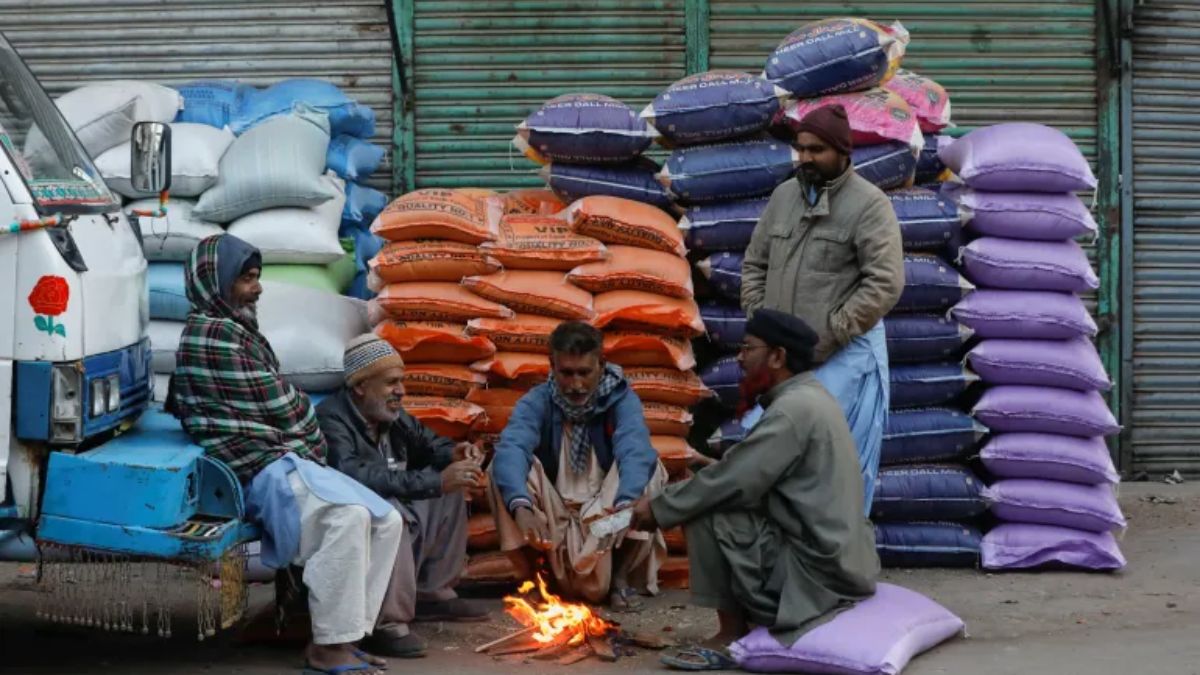Cash-strapped Pakistan has announced the abolition of 15,000 government jobs and six ministries under the terms of the latest bailout package, according to PTI.
Pakistan last week secured a $7 billion bailout package from the International Monetary Fund (IMF). It is the 24th such bailout — the most for any country.
Following the latest Pakistan-IMF deal, Prime Minister Shehbaz Sharif said this would be the final bailout in Pakistan’s history and the nation would now embark on a path of a progress — a promise he also made after the previous bailout in 2023 but then returned months later to the lender with the begging bowl.
In addition to abolishing six ministries, the Shehbaz government also announced the merger of two other ministries, according to PTI.
Pakistani Finance Minister Muhammad Aurangzeb said that now Pakistan would embark towards formalisation of the economy which would be critical for the nation joining the G-20, the grouping of the world’s 20 most-advanced economies.
Even though Shehbaz’s government has hailed the bailout and has dubbed this as a turning point in the nation’s history, the terms of the bailout deal are stringent and are bound to be unpopular across Pakistan as they involve hiking taxes, slashing subsidies, and cutting government jobs.
More taxes, high interest loan, no subsidies — Terms of IMF bailout deal
The IMF has come to Pakistan’s rescue yet again but there are a lot of conditions.
Even before the IMF approved the bailout, it told Pakistan to secure $2 billion of funds to be eligible for the bailout, according to The Express Tribune.
Impact Shorts
More ShortsPakistan raised the required $2 billion in a loan from Standard Chartered Bank at exorbitant 11 per cent interest.
Once the funds were secured, the IMF approved the 47 billion over the next 37 months and authorised the immediate the release of the first tranche of the bailout of around $1.1 billion. It will carry an interest of 5 per cent.
The newspaper has reported that the IMF bailout deal comes with several conditions, which include the restructuring the external and domestic debt that consumed 81 per cent of Pakistan’s tax revenues. It aims to infuse macroeconomic stability by consolidate public finances, rebuilding foreign exchange reserves, improving business environment, and a restructuring of the nation’s taxation and fiscal responsibilities.
As a result, Pakistan is hiking income tax from 12-15 per cent to 45 per cent, according to the newspaper.
The terms of the bailout would also stop provincial subsides on electricity and gas. It would also stop the setting up of special economic zones (SEZs) and stopping tax incentives to existing SEZs by 2035.
Under the terms of the IMF-Pakistan deal, Pakistan needs to have a budget with 4.2 per cent surplus of the gross domestic product (GDP) for the three-year period of the bailout, the federal government would be required to bring a mini-budget that would result in hiking taxes on imports, contractors, professionals, and on fertiliser.
)